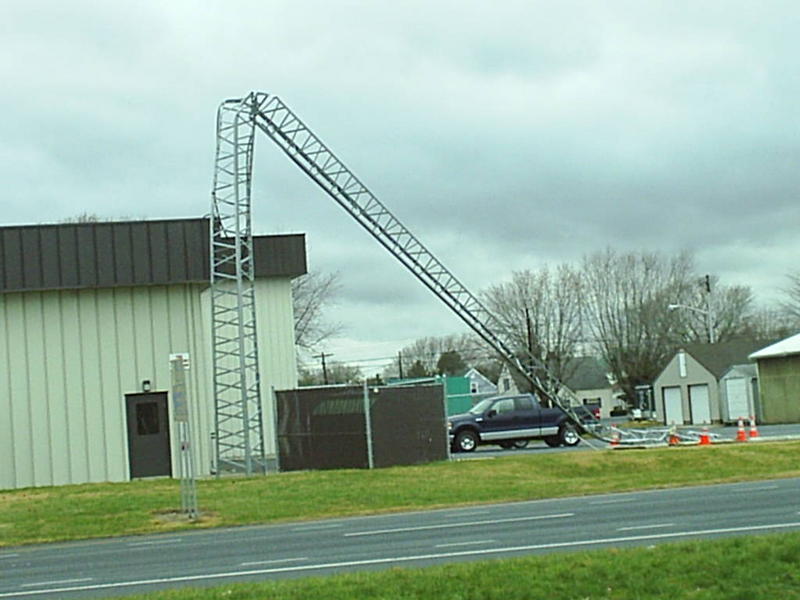Nigerian Central Bank (CBN) Governor Godwin Emefiele’s body language since the election of President Muhammadu Buhari has been one of a man trying too hard to impress.
Today we have reached the ridiculous position of cutting down trees in Abuja, in a bid to maintain a dollar peg of N199 that the CBN insists is “fairly priced.”
Emefiele, had earlier cut dollar access to importers of goods ranging from private jets to rice, Eurobonds and Foreign Shares — a strategy that has been widely criticised by the market.
In all there were about 14 pronouncements by the CBN on foreign exchange (FX) alone between November 2014 and February 2015.
A former chief executive officer of Zenith Bank Plc, Emefiele took office in June last year, pledging to lower interest rates.
Five months later, he raised the benchmark rate to a record 13 percent and in February, aligned the naira peg with the interbank.
Since then, Nigeria has elected a new president, Muhammadu Buhari, while oil prices have dropped below $50 a barrel.
The government is struggling to pay its workers’ salaries and pressure is mounting for devaluation.
Meanwhile black market dealers are selling the dollar at near N225 never mind Emefiele’s moves to eliminate them by cutting trees.
In basic economics when a good becomes scarce, the price must adjust higher to reduce demand and force substitutes.
The CBN has refused to adjust the naira currency, even when the price of oil has plummeted therefore reducing the availability of dollars in Nigeria.
It has also made matters worse by limiting the ability of ordinary Nigerians to freely operate their dollar denominated accounts. In effect creeping capital controls
Analysts are now calling for further fall in oil prices to perhaps test the $30 mark.
Nigeria’s currency the Naira has historically tracked the global oil price.
The CBN must know that it is fighting a war it cannot win against global headwinds (strong dollar, weak Chinese growth) that have affected all EM currencies from the South African Rand to the Brazilian Real.
Markets must be made to believe that when the CBN speaks it has a coherent credible agenda, devoid of political interference.

![[ANALYSIS] Has The CBN Lost its Independence?](https://nairametrics.com/wp-content/uploads/2015/08/mONKEY-IN-A-CAGE.jpg)










The real question is; was the CBN independent at any point in time? Where was the CBN when the Naira was being battered by the combination of corruption, lack of transparency in accounting for revenue by the revenue agencies and fiscal indiscipline?